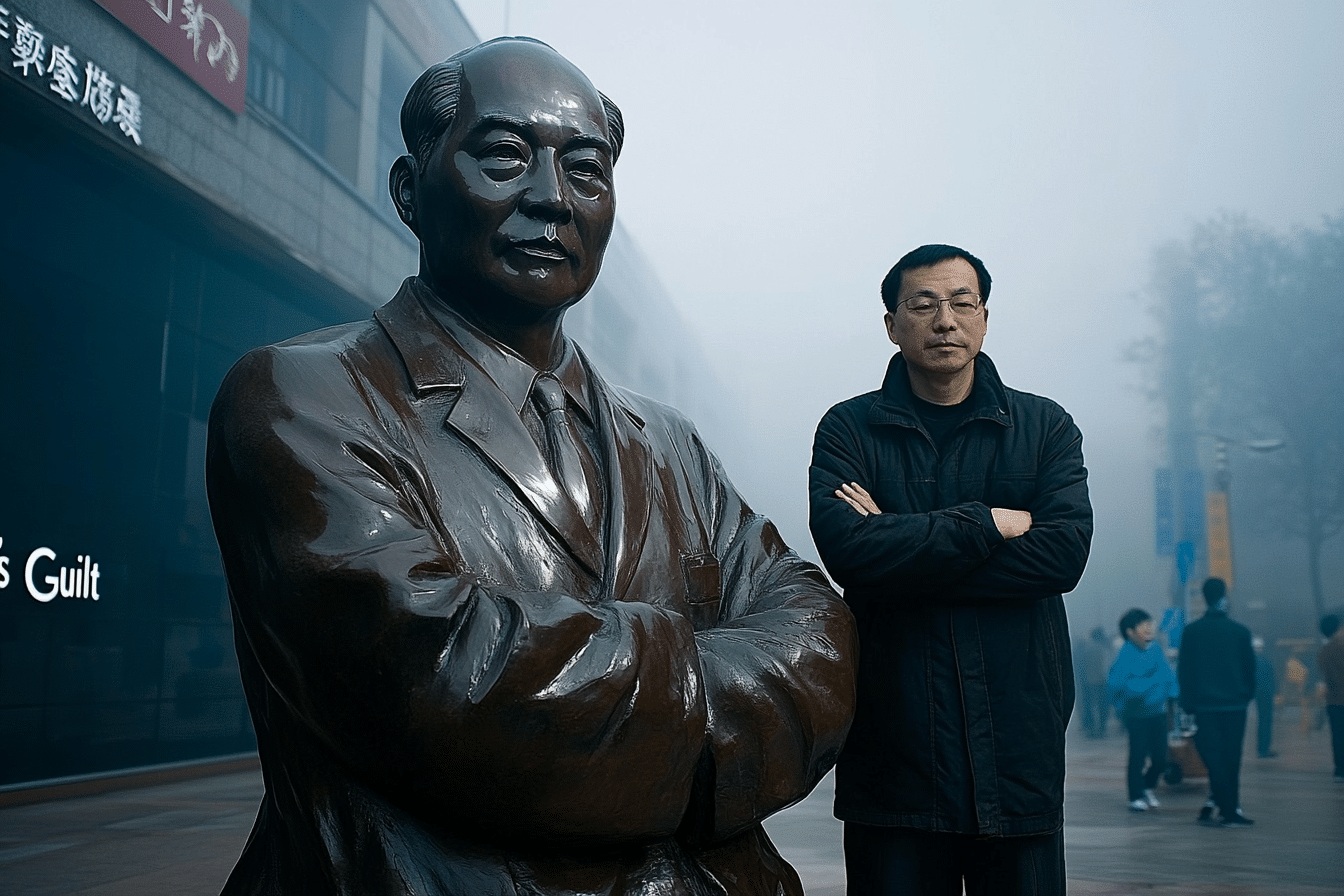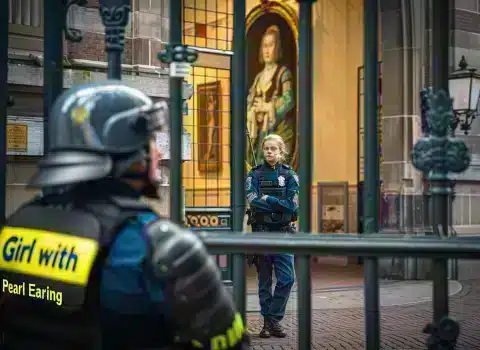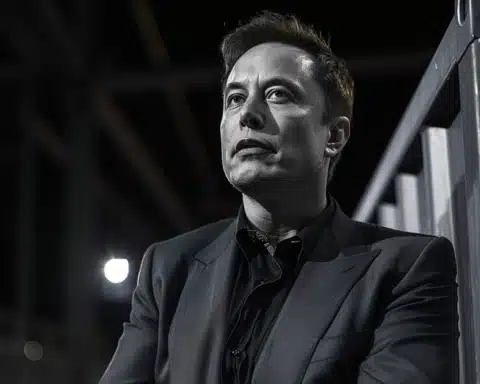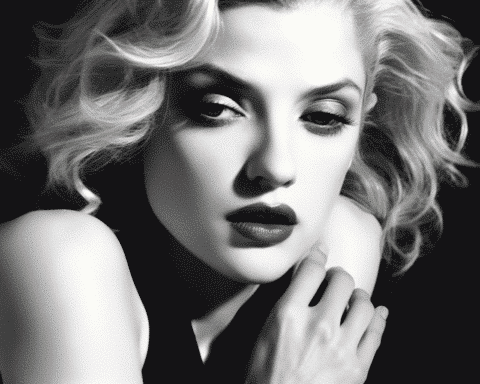A prominent Chinese artist known for his biting political critiques has been detained, raising serious concerns about the state of free expression in China. Gao Zhen, aged 68, was taken into custody following a police raid on his art studio, with allegations of slandering China’s national heroes. His brother, Gao Qiang, reported the incident and shared insights into Gao Zhen’s work, which has long been critical of Mao Zedong and the Cultural Revolution.
A Legacy of Artistic Critique
Gao Zhen and his younger brother, Gao Qiang, rose to fame over a decade ago with provocative sculptures that challenged the legacy of Mao. These pieces, created in what many considered a more artistically free time, included bold works such as the life-sized bronze Mao’s Guilt and the thought-provoking Execution of Christ, where multiple Chairman Maos are shown pointing rifles at Jesus. Reflecting on this, Gao Qiang noted, “The artworks collected as evidence by the police were all created more than a decade ago as part of an artistic reflection on Mao’s Cultural Revolution.”
Despite their international success, which included exhibitions in cities like Paris and New York, the Gao brothers always faced pressure from the Chinese authorities. Their controversial pieces were frequently shut down, their exhibitions closed, and their studio closely monitored.
Retroactive Punishment: A Dangerous Precedent
In a new twist, authorities now use art created years ago as evidence against Gao Zhen. This crackdown follows China’s 2021 law criminalizing the slander of “heroes and martyrs,” punishable by up to three years in prison. “Imposing retroactive punishment for actions taken before the new law took effect goes against the widely accepted legal principle of non-retroactivity,” Gao Qiang explained.
The law, introduced under the leadership of Xi Jinping, has been used to silence individuals who question China’s official history. The Gao brothers are now targeted, marking a troubling shift in the Chinese government’s attitude toward artistic expression.
A Narrowing Window for Free Expression
Despite the growing dangers, Gao Zhen returned to China in June after years of living in the U.S., sparking concern among his friends and family. “He also thought he might encounter problems, but still, as if driven by fate, he went back,” his brother remarked. Gao Zhen was taken into custody just a week before he was scheduled to return to the U.S. with his family after celebrating his son’s birthday.
Friends of the Gao Brothers, such as fellow artist Du Yinghong, expressed worry over the arrest. “There’s no logic to arrest him now,” one close friend remarked. “They were not the only ones; many Chinese artists of that generation made critical art back then.”
Looking to the Future
Gao Zhen’s detention has raised concerns about the future of freedom of expression in China, a society where artistic critique was once more accepted. “A healthy society should move towards the broadening of thoughts and actions instead of the other way around,” Gao Qiang reflected in his plea for more openness.
As the Gao Brothers’ case unfolds, it will test China’s tolerance for dissenting voices in the arts. The international art community watches closely as freedom shrinks under the Chinese government’s tightening grip.



